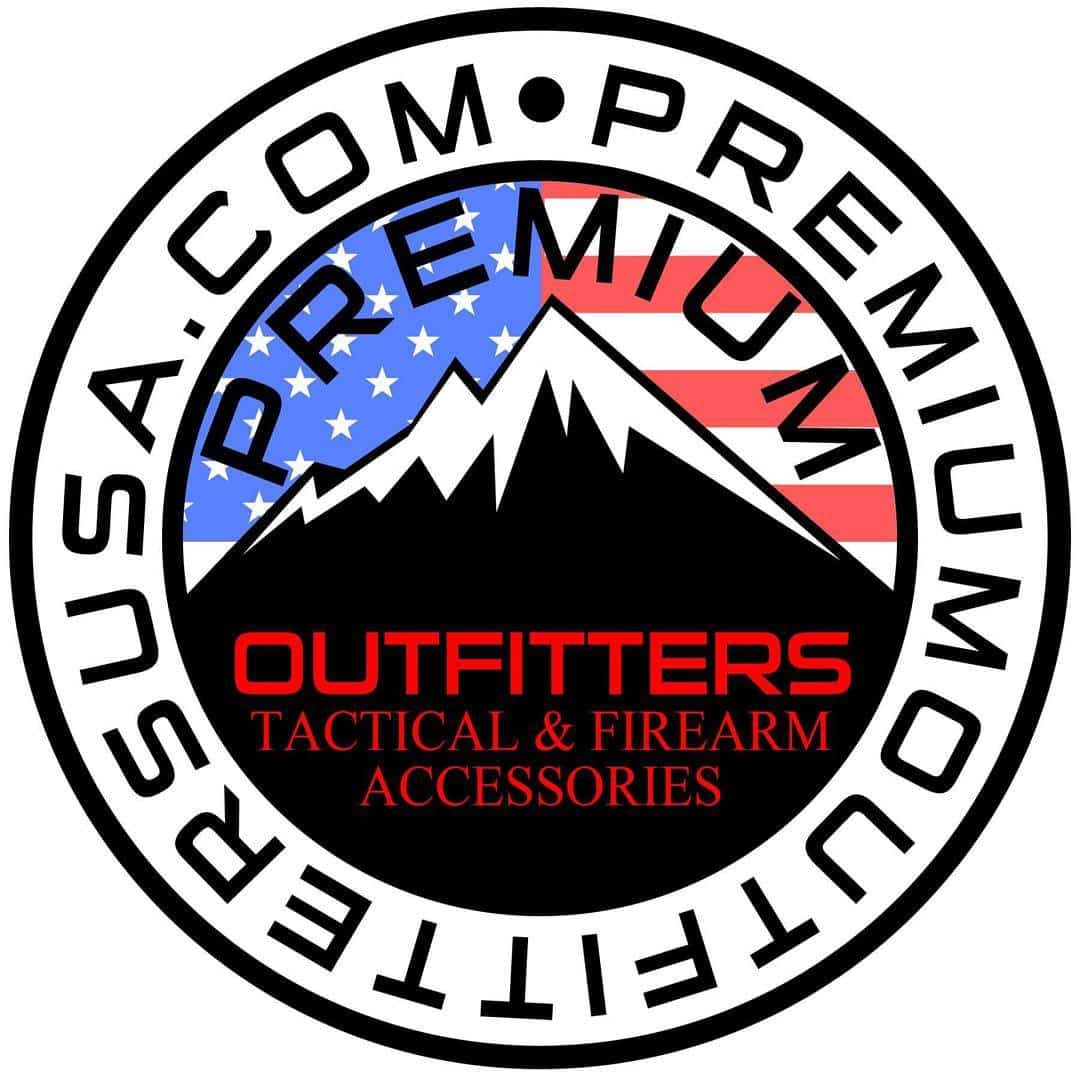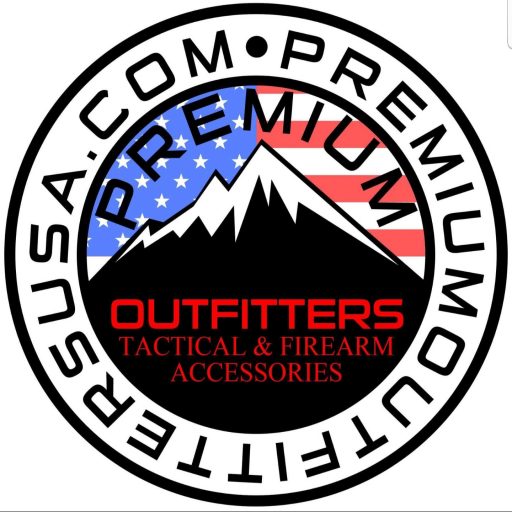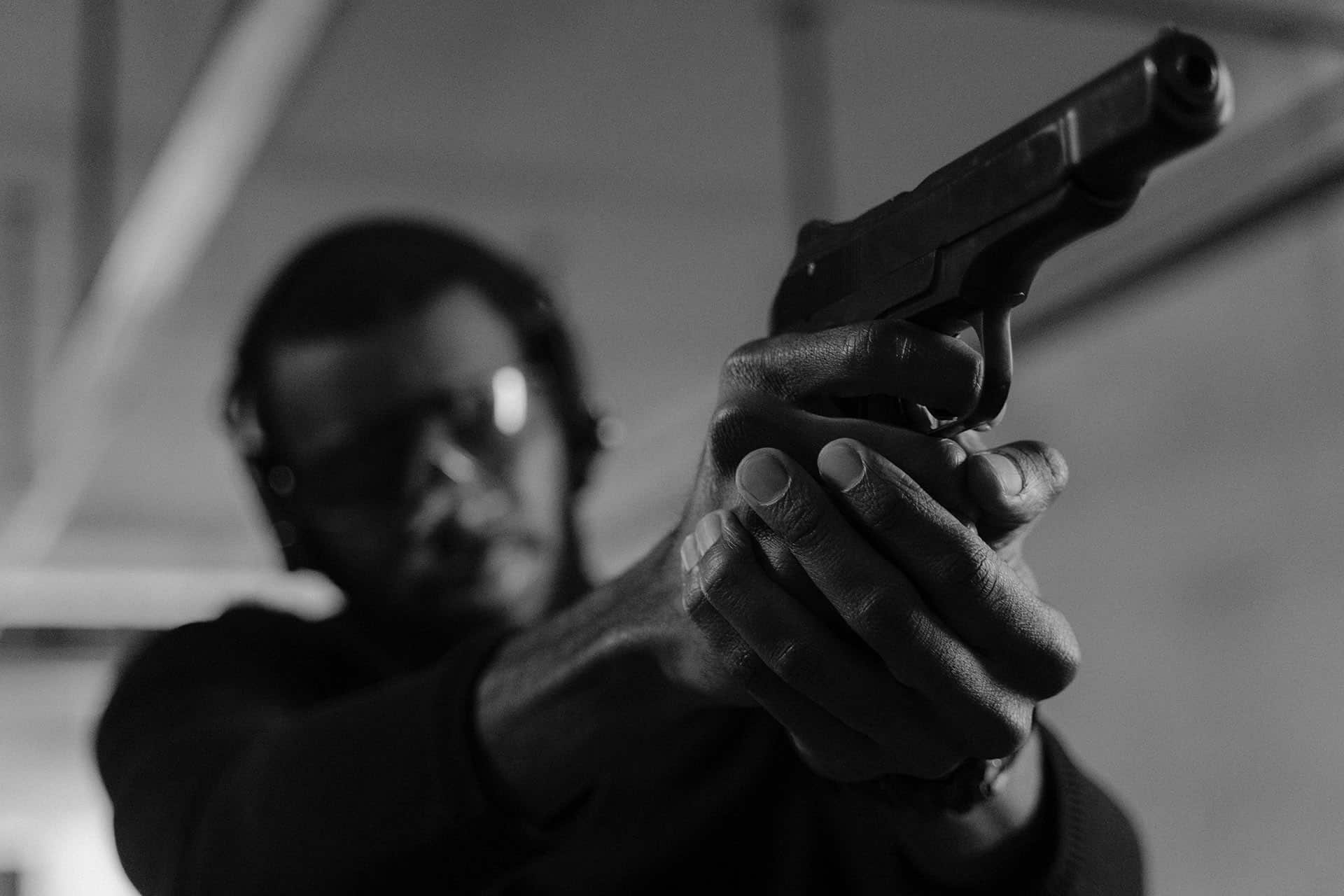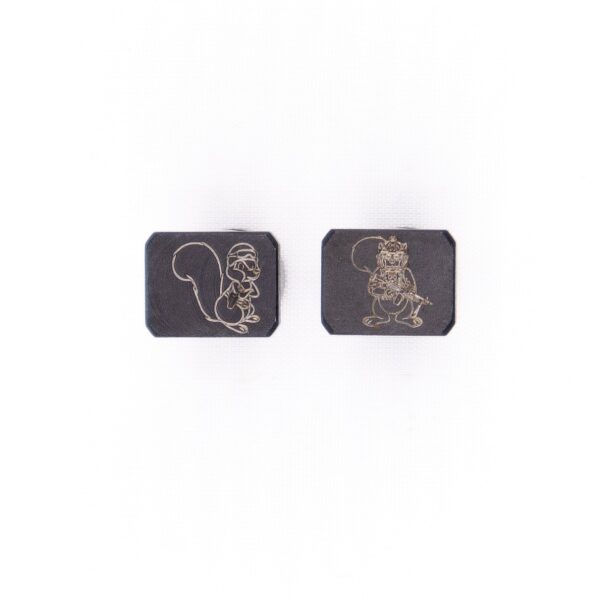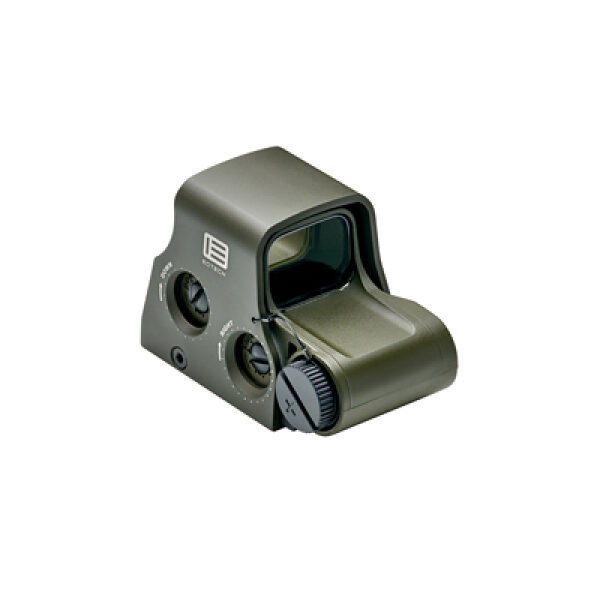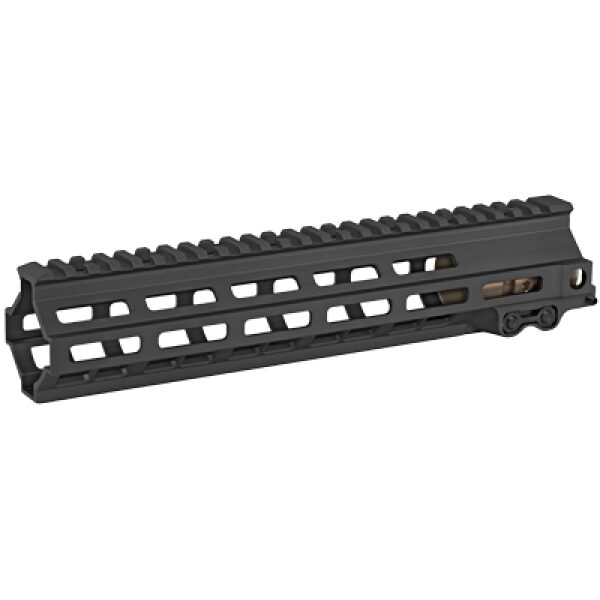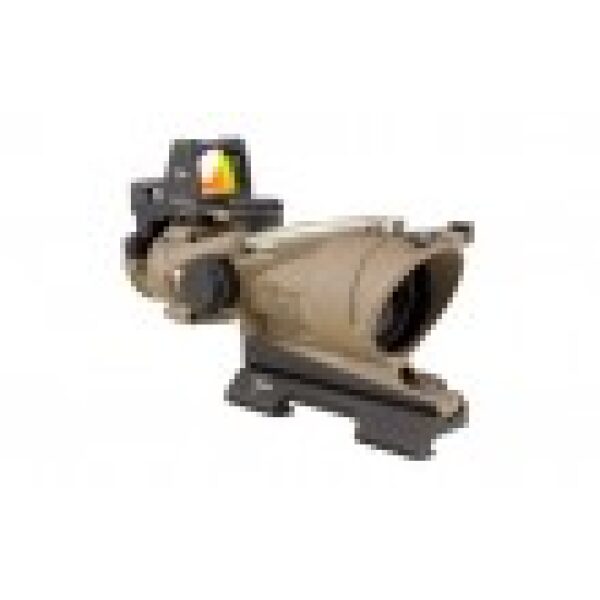How to Handle a Firearm for Beginners: 3 Tips to Remember
There’s a lot more you need to learn about gun handling besides turning on the safety and loading your firearm. A gun has several moving parts that can affect its efficiency, precision, and – most importantly – safety. For this reason, beginners should be more aware of how different components of a gun can lead to a safety risk.
Keeping in Mind Firearm Safety
There’s more than one way to improperly handle a firearm, which is why you need to be attentive when using a loaded gun. If you’re still learning the basics of using your gun, you need to know the many ways it can go off in the wrong way.
In this article, we’ll share three gun handling tips you should remember:
1. Eye and Ear Protection
Unless you’re using a firearm for your job as law enforcement or security personnel, you can only use a gun in private establishments or hunting grounds. Shooting with a gun requires you to wear protective shooting glasses and hearing protectors. These are necessary whether you’re in an indoor or outdoor environment.
Shooting glasses will protect your eyes from twigs, falling shots, and even clay target chips. Besides external variables, these glasses also protect your eyes in the event of a firearm malfunction.
On the other hand, hearing protectors will prevent your ears from sustaining the shock of the barrel’s explosive impact. Since this noise can be more deafening the more powerful your firearm is, it’s better to wear ear protectors to prevent long-term ear damage.
2. Trigger Care
The first suspect when a gun fails to fire is a misaligned safety. This will prevent your cartridge from firing no matter how hard you press the trigger. Even if you think your gun isn’t firing, you should never look into the muzzle or point it toward yourself or others. Remember that your gun can go off even after several attempts of testing its shot.
If safety isn’t the culprit, you’ll need to open the action and unload the firearm to see what’s wrong: remember to dispose of the cartridge safely as well. Remember to be mindful of handling your firearms parts, especially since you’ll expose yourself to certain chemicals and metals. This is why you should wear protective gear when necessary and wash your hands after cleaning.
3. Barrel Car
Another reason your gun could fail to hire is because of obstructions in the barrel. This is why it’s necessary to inspect and clean your firearm’s barrel. Any presence of dirt, mud, or snow can prevent the barrel from loading. Alternatively, too much lubrication can cause the gun to burst on firing. This will send chips and parts to damage the shooter and others nearby.
Besides cleaning your gun of obstructions, remember to use only the right ammunition size for your gun. Otherwise, the smaller cartridge can lead to misfires or cause your firearm to burst. This is why you should always study your gun manual and follow its indicated prescriptions.
Conclusion
Getting better at handling your gun isn’t something you do overnight. Although the safety tips above may seem tedious to remember, your body will naturally remember these through muscle memory. After a while, you will hardly think about actively reminding yourself of these rules since your body will react to them naturally. If you want to ensure that your body remembers the right maneuvers and preparations, you should sign up for a gun handling course from experts.
At Premium Outfitters USA, we can teach you all the essentials of handling your specific firearm. Our professional firearms training courses will be a great start for beginners or refresher lectures for more veteran shooters. Contact us today to learn more about our training courses!
